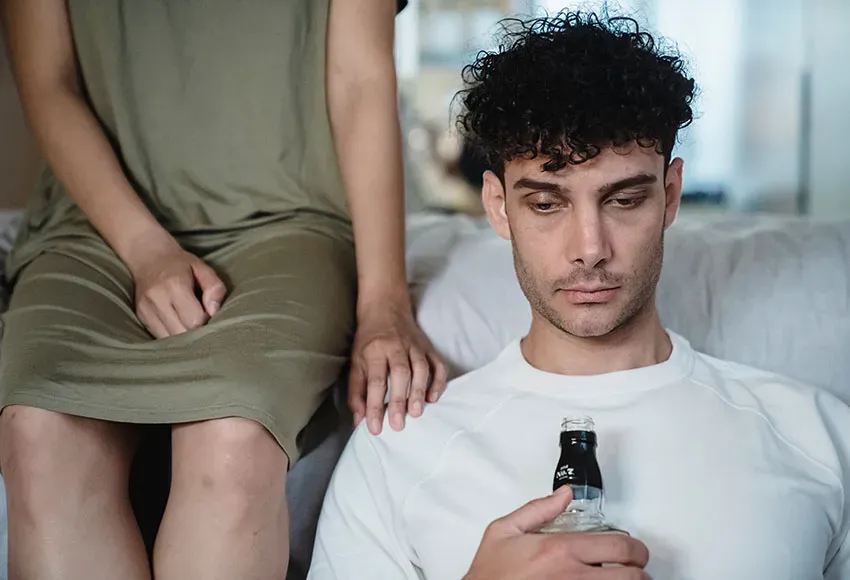There are many reasons why people who use drugs and alcohol do not get the help they need to overcome their addictions and other issues. Some family members who see the people they love struggle may also have a difficult time in getting them assistance.
As a result, here are suggestions on how to convince a person struggling with drugs and alcohol to get help.
1. Conduct a family intervention: The most popular way to get someone the help they need is when family members and an interventionist get together with the person to tell them how much they love them and that they need to get some assistance. Hopefully the person who's having a hard time is convinced to get the treatment they need.
2. Get an addiction expert to talk to the person: Another way to convince the person who is struggling to get help is to get an expert on drugs and alcohol to have a one-on-one talk with them. This person should explain what will happen if they do nothing. This may help convince them get some guidance.
3. Use the services of a former addict: Get somebody who used to battle addiction to talk to your friend who needs assistance. A person who has used drugs or alcohol could use their past experiences to try to reason with the addict and use their insights to convince them to seek treatment.

4. Find out why the person won't get help: It might take a few tries, but ask your friend to list the main reasons why they will not get assistance. Fear and frustration are huge factors for not getting help.
5. Address these reasons: Once you get the reasons why your friend won't go to rehab, the next step is to find ways to address those fears and concerns, which may convince them to take some action that will get their life back on track.
6. Talk to the person instead of talking at them: Nobody wants to be lectured or yelled at. The person who is suffering is scared, and they need help overcoming their fears and resistance to getting help. Treat others the way you would want to be treated if the roles were reversed.
Many people think that they can overcome their mental health problems on their own. This is a mistake. Fear and anxiety can be difficult to manage by oneself, and more than likely, your friend will need some counseling. Hopefully they will admit they have a problem and seek treatment to start the recovery process.


